Member Directory,
1847 - 1922
Charles R. Miller
Editor, New York Times
Centurion, 1887–1922
Charles Loring Brace and Noah Brooks
Hanover, New Hampshire
New York (Manhattan), New York
Age thirty-eight
Bronx, New York

Archivist’s Notes
Father of Hoyt Miller
Century Memorial
Charles Ransom Miller was almost the last survivor of what we have nowadays come to call old-time American journalism. Having served on the editorial staff of the New York Times since 1875, he became its editor-in-chief in 1883, when Godkin, on the Evening Post, was fresh from the editorial battles of the Nation for political reform and had not yet got to close grips with Tammany, and when Dana was still in his intellectual prime on the Sun. Miller was not quite like either of those celebrated journalists. A certain serenity of poise set him apart from Godkin’s rôle of editorial fighting-man, just as his steady grasp on underlying principles contrasted with Dana’s erratic, brilliant and cynical support alternately of the best and the worst in American public life. What Miller wrote had a flavor of culture and learning quite his own. He was a reader of half a dozen languages all his life, had hoped for a Latin professorship when he left college, took up the study of Russian in 1917 at the age of sixty-eight, and correctly assured the students of the School of Journalism that the kind of editorial writing for which preparation is made purely by reading newspapers is “pretty certain to be without background.”
Background, and plenty of it, Miller had in his own editorials, of which perhaps the most famous contained his declaration of December 15, 1914, that “Germany is doomed to sure defeat”; a conclusion which, by no means widely held at that time with any such certainty in the United States, he enforced by powerful appeal to the testimony of history, of modern society and of human progress. It was with the same sure touch that, many years before, he had carried the Times out of the ranks of Republican party organs when Blaine was nominated in 1884, and had supported Cleveland even at the moment when many of Cleveland’s warmest supporters turned their back on the Administration after the Venezuela message. All of these editorial judgments were framed in language not the less clear and convincing that it was never vituperative, with a style which made it always easy to know whose hand had written them, even though they did not bear his name.
One of the familiar hall-marks of the old-time journalist Miller admittedly possessed. Like Greeley, he for years wrote his editorials in long-hand and, again like Greeley, his copy was to the ordinary man so undecipherable that a special compositor, of that class which could have read and “set up” Egyptian hieroglyphics, was regularly assigned to them. It is told of one of our own Centurions that, serving as a youngster on the Times, he approached the chief with insistent requests for an advance in salary. Receiving in due course a note from Mr. Miller and finding himself unable to decode the whole of it, he had recourse to the composing-room oracle. The note, he explained, had reference to a raise in salary, but he did not feel like answering it until he knew just what the raise would be. The old compositor glanced over the manuscript and handed it back. “You’ve got no raise,” he remarked, contemptuously; “You’ve been fired.”
Miller was a true Centurion; often at the Club’s dinner table and sociable evening gatherings, always at its annual meeting. His conversation covered a wide field; he would match opinions as readily on the first Gladstone Home Rule bill, or the Andrew Jackson administration, or the Odes of Horace, as he would on the latest “best seller” or the latest political and social propaganda. American journalism owes a substantial debt to men like this, who held unswervingly to the highest conception of their calling in a period when one set of newspapers was proclaiming that the editorial page had become a superfluity, and another was harnessing down editorial utterance to feeble repetition of the catchwords of party leaders, and another had contemptuously tossed overboard both style and culture, holding that ideas could be instilled into the public mind only through printing the emphatic passages in capital letters.
Alexander Dana Noyes
1923 Century Association Yearbook
Related Members
Member Directory Home-
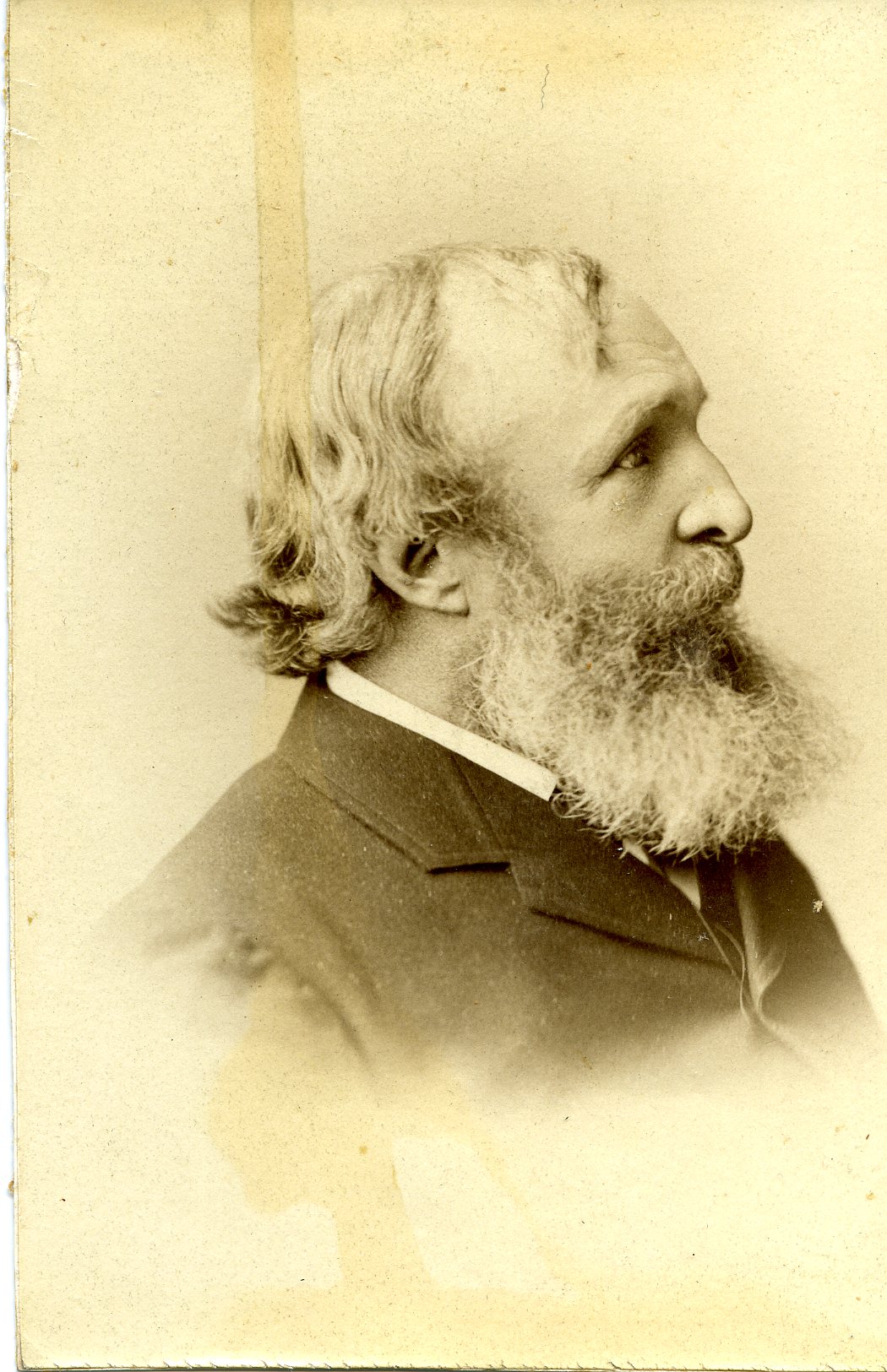 Charles Loring BracePhilanthropist/ReformerCenturion, 1864–1890
Charles Loring BracePhilanthropist/ReformerCenturion, 1864–1890 -
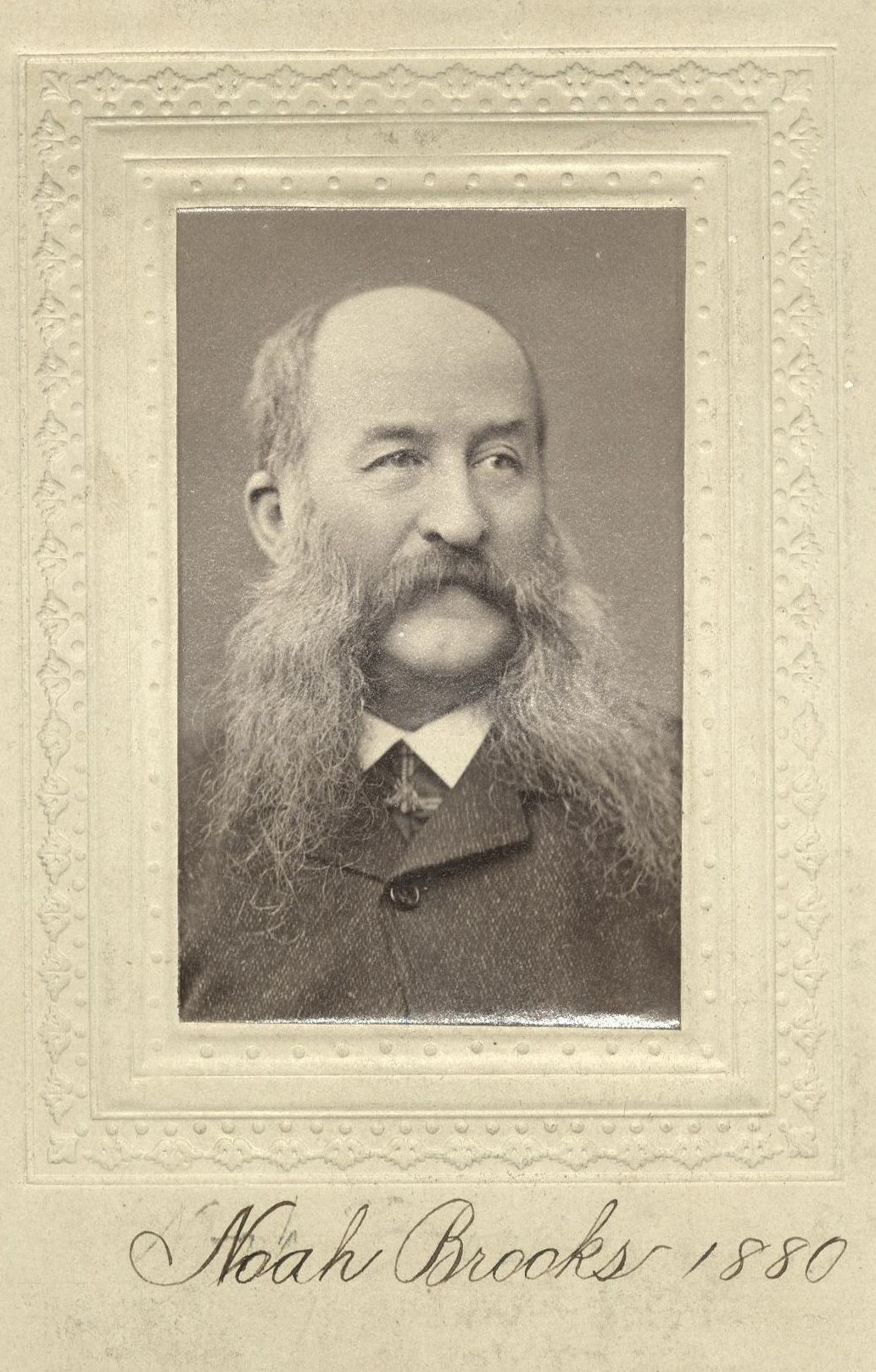 Noah BrooksJournalist/AuthorCenturion, 1880–1903
Noah BrooksJournalist/AuthorCenturion, 1880–1903 -
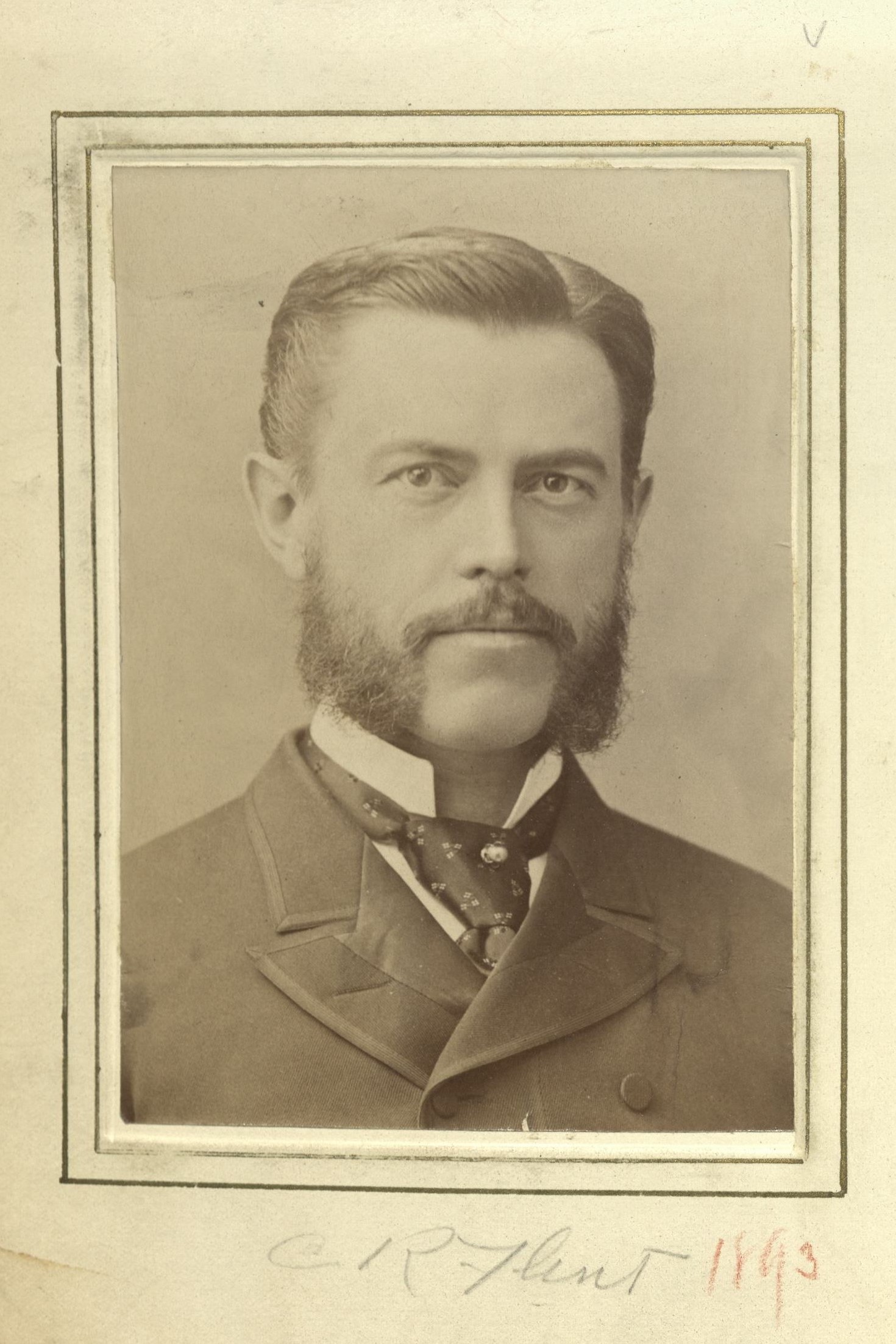 Charles Ranlett FlintMerchantCenturion, 1893–1931
Charles Ranlett FlintMerchantCenturion, 1893–1931 -
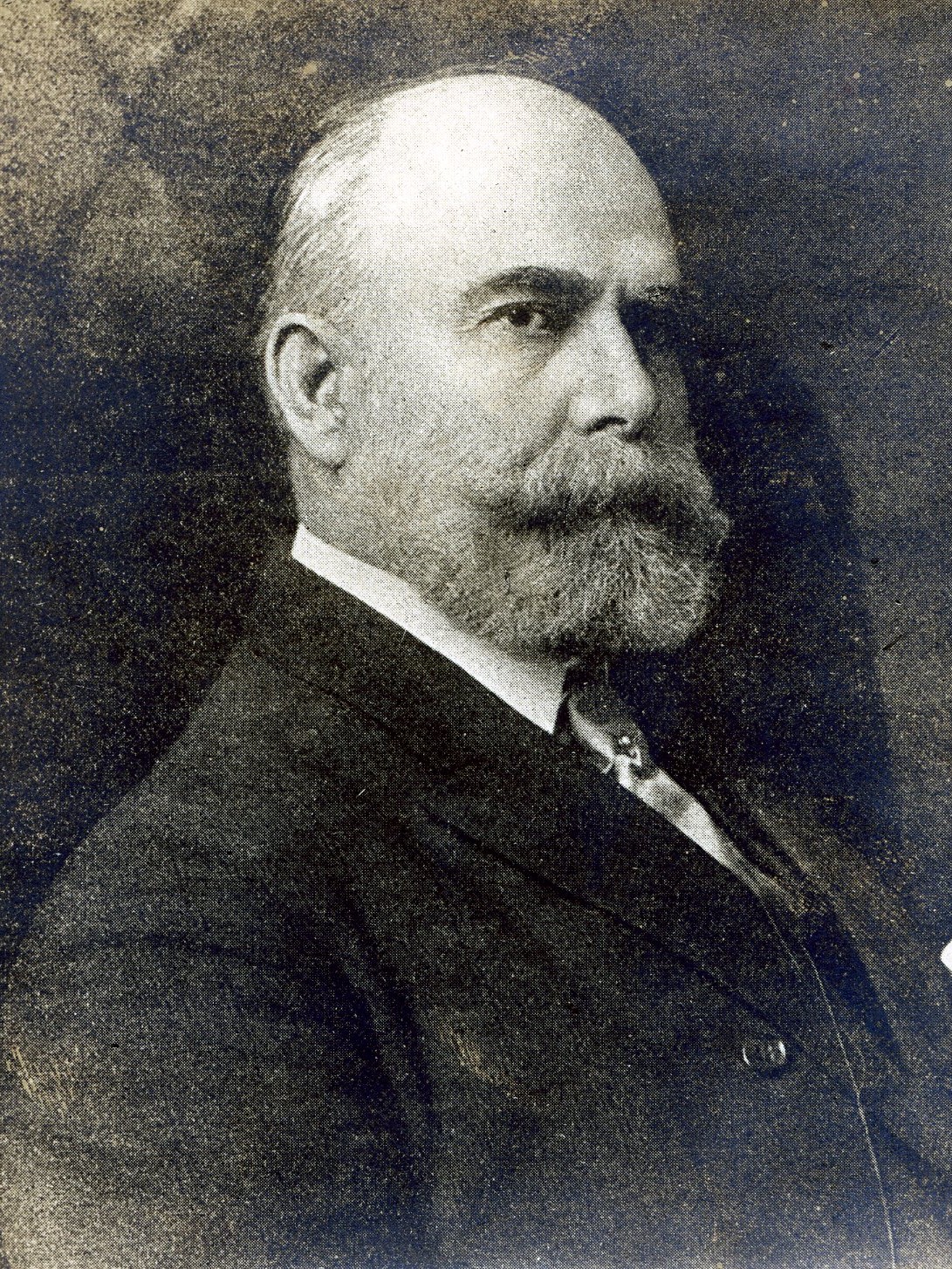 Solomon B. GriffinJournalistCenturion, 1920–1925
Solomon B. GriffinJournalistCenturion, 1920–1925 -
 Herman H. KohlsaatEditorCenturion, 1922–1924
Herman H. KohlsaatEditorCenturion, 1922–1924 -
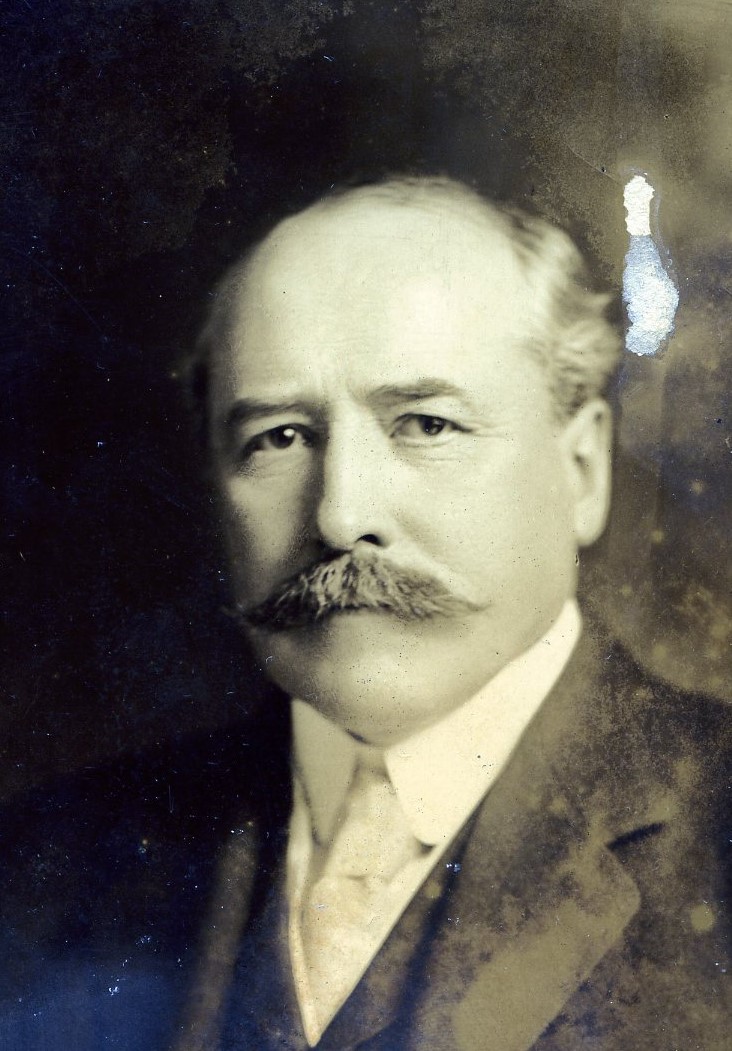 Alton B. ParkerLawyerCenturion, 1905–1926
Alton B. ParkerLawyerCenturion, 1905–1926 -
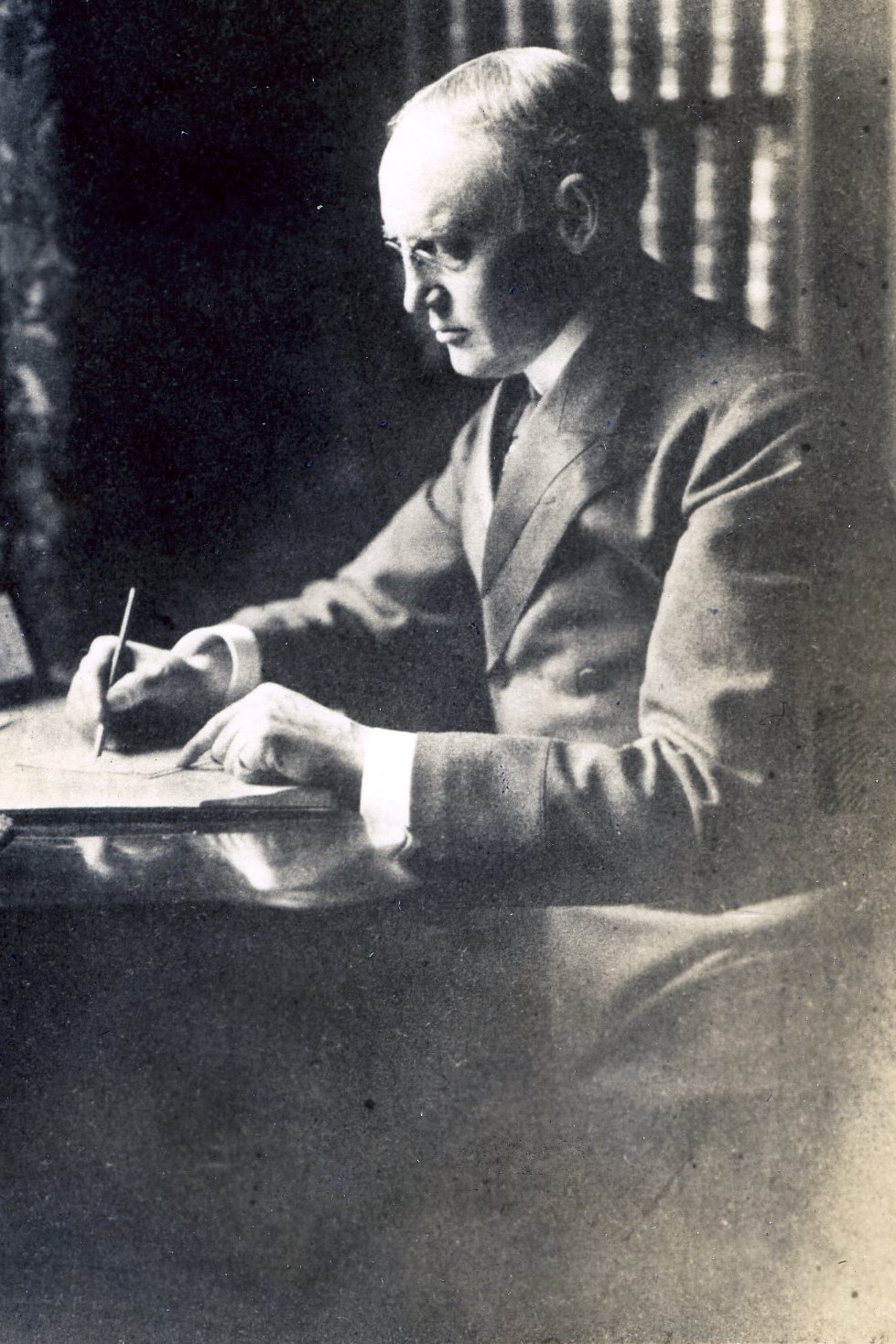 Melville E. StoneGeneral Manager, Associated PressCenturion, 1914–1929
Melville E. StoneGeneral Manager, Associated PressCenturion, 1914–1929 -
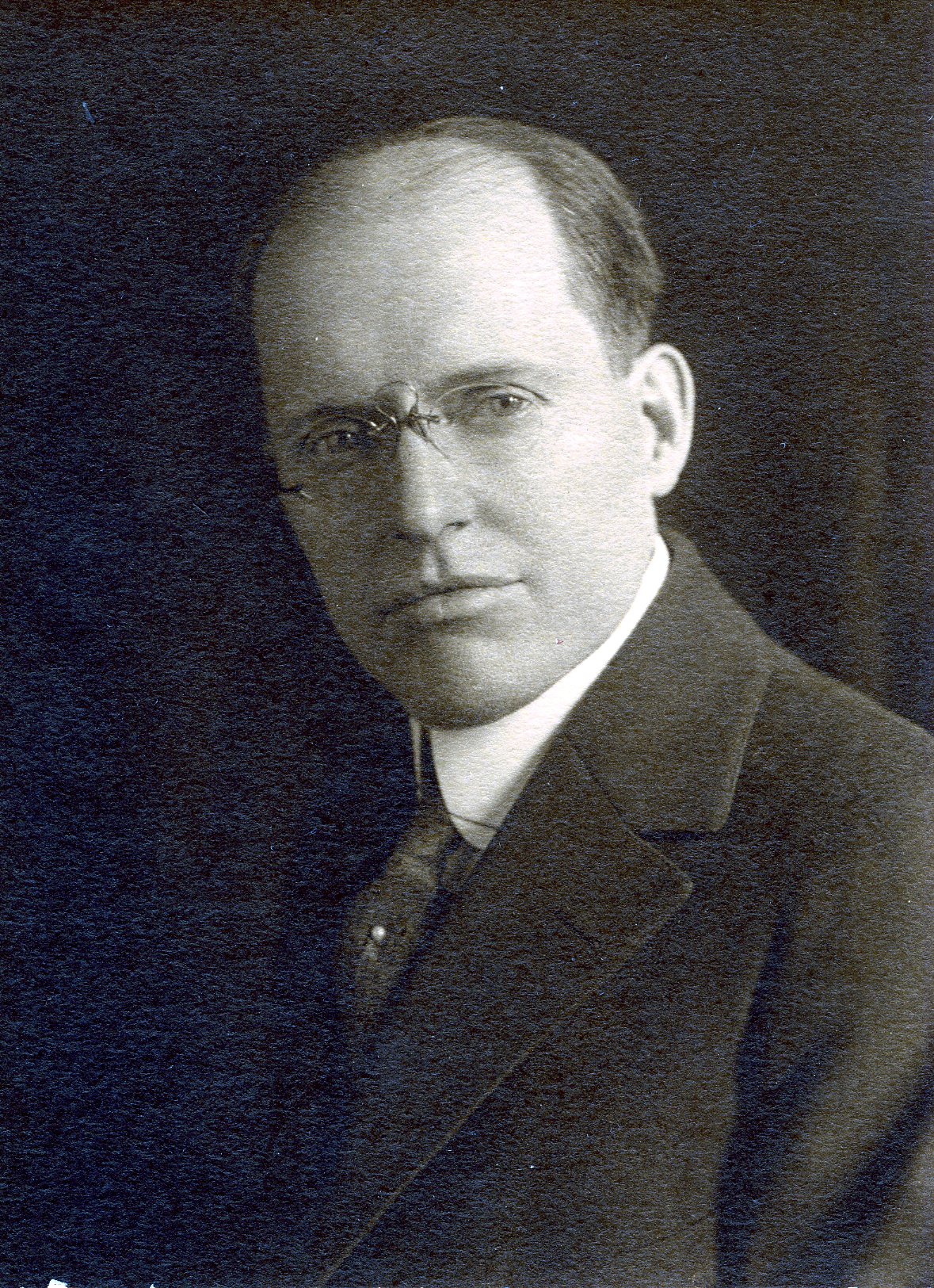 Carr V. Van AndaJournalistCenturion, 1920–1945
Carr V. Van AndaJournalistCenturion, 1920–1945







